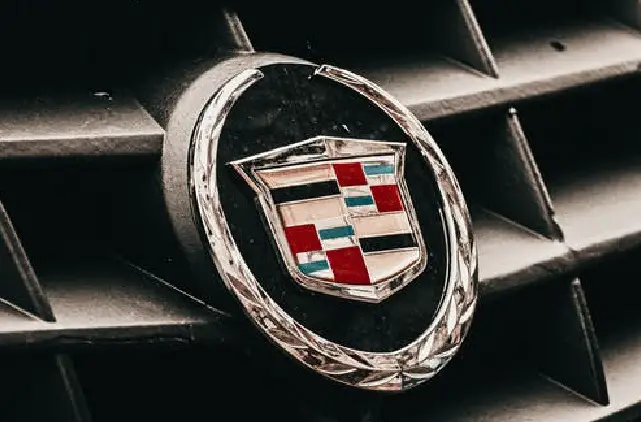On Friday General Motors said it is petitioning the US Treasury to reconsider the classification of the company’s Electric Lyriq, and allow it to qualify for federal tax credits.
The Lyriq, which presently is priced starting at $62,990, was classified under “cars, sedans and wagons” by the Treasury Department and the Internal Revenue Service, which means it cannot qualify for up to $7,500 in federal credits because as a car, sedan, or wagon, its price cannot be above $55,000 to qualify. If it is classified as an SUV, that threshold will be bumped up to $80,000, which it would fall well under.
GM said in a statement, “We are addressing these concerns with Treasury and hope that forthcoming guidance on vehicle classifications will provide the needed clarity to consumers and dealers, as well as regulators and manufacturers.”
GM called on Treasury to adopt criteria and processes similar to the Environmental Protection Agency and Energy Department, adding, “This drives consistency across existing federal policy and clarity for consumers.”
In 2022, GM delivered a mere 122 Lyriqs.
For its part, Treasury defended the classification, with a spokesperson noting, the agency used fuel economy standards, “which are pre-existing — and longstanding — EPA regulations that manufacturers are very familiar with. These standards offer clear criteria for delineating between cars and SUVs.”
In August Congress overhauled the EV tax credit, lifting the 200,000 vehicle per manufacturer cap which would have prevented Tesla and GM from qualifying for EV tax credits as of January 1st.
This week Tesla CEO Elon Musk tweeted that the EV tax rules were, “messed up.” He noted the Tesla Model Y seven seat model qualifies for the credit as an SUV, but the five seat Model Y does not.
The IRS has noted the Volkswagen ID.4 does not classify as an SUV, however the all-wheel-drive model does, and thus qualifies for the tax credit.
In March Treasury is scheduled to release proposed guidance on the sourcing of EV batteries, which will be required for the tax credit. Analysts note this may provoke a temporary surge in sales, as certain vehicles may only have a brief window of eligibility for the full $7,500 tax credit before the battery rules take effect and block them from the credits.

